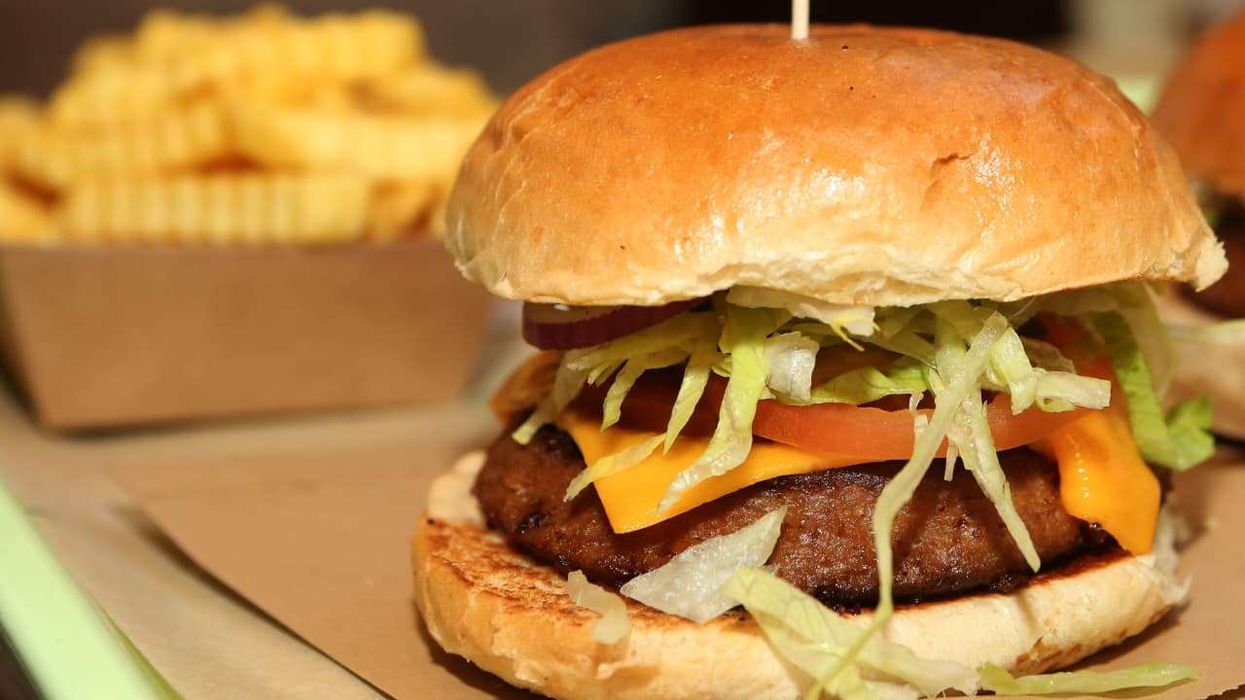by DIMPLE SANGHANI
NARENDRA KUMAR’S CATWALK SHOW IS HIGHLIGHT OF LAKME FASHION WEEK.
THE recent Lakmé Fashion Week Winter/Festive 2018 show in Mumbai had the usual high-profile designers, eye-catching outfits, top trends and A-list celebrities like Kareena Kapoor
Khan lighting up the stylish five-day spectacular.
But one designer that did something decidedly different was Narendra Kumar with his interesting-titled catwalk show Never Hyde, which was a bold and beautiful celebration of
the plus-sized woman.
He teamed up with the large clothing brand aLL-The Plus Size Store for the aLLPrimero x show, which aimed to empower men and women of all sizes. The grand offering
celebrating plus-sized fashionistas had trendy outfits for all shapes, sizes and body types. The outfits for all occasions were colourful and encouraged those wearing them to never hide or conform to other’s ideas on their figures, along with feeling confident in their own skin.
The ace designer drafted in nearly 30 newcomers to model the various creations. These included Bollywood actress Shikha Talsania, who was last seen delivering a winning turn in hit film Veere Di Wedding, as the showstopper for the show.
The bubbly star exuded confidence, and later said: “I love fashion, but like all curvy people,
I hated shopping. For me, aLL Primero X Narendra Kumar isn’t just about size inclusive
clothing but empowerment because of the confidence these clothes instil in me. It was a great experience walking the ramp!
“Narendra is an amazing designer; his silhouettes and designs flatter my curves and also make me feel comfortable.”
The plus-sized models, both male and female, walked down the ramp for a collection that was a real representation of a more democratic fashion estate and one that broke norms.
The line filled with vibrant shades, whimsical prints and eccentric silhouettes included dresses, jumpsuits, hoodies, pant suits, blouses, leisure wear, zippered wide collar blouses, bomber and denim jackets, jeans, tops, shirts, trousers, blazers and printed T-shirts with photos of iconic curvy women from past eras.
With the designer collection, Kumar helped bust popular fashion myths and explained the Never Hyde show was based around this concept about plus-sized people leading dual lives, where they have a certain character but also must conform to what society thinks they should be doing, including slimming themselves down.
The concept of Never Hyde took its title from Dr Jekyll and Mr Hyde. “The collection is contemporary and modern. I have not designed it from the perspective of: ‘Oh this is for plus-sized people, so I need to make plus-size appropriate clothing’. This is to move away from the idea that plus-size is a different world,” said Kumar.
The designer thinks the fashion world is finally getting more real with colour, size and many other different things. Runways around the world at high-profile fashion have been embracing the new democratic fashion trend, but this particular collection looks likely to inspire Indian designers to also follow suit.












